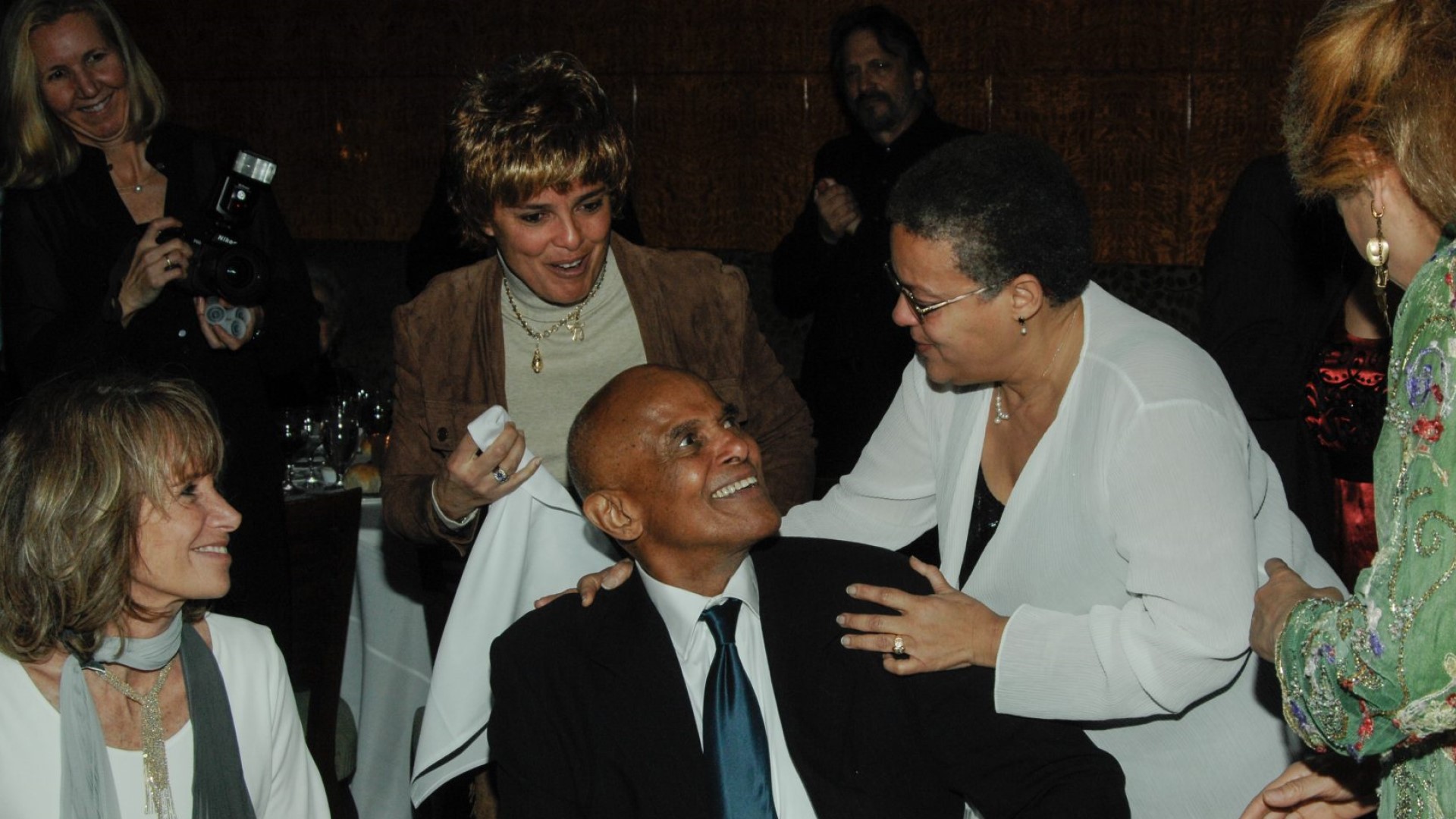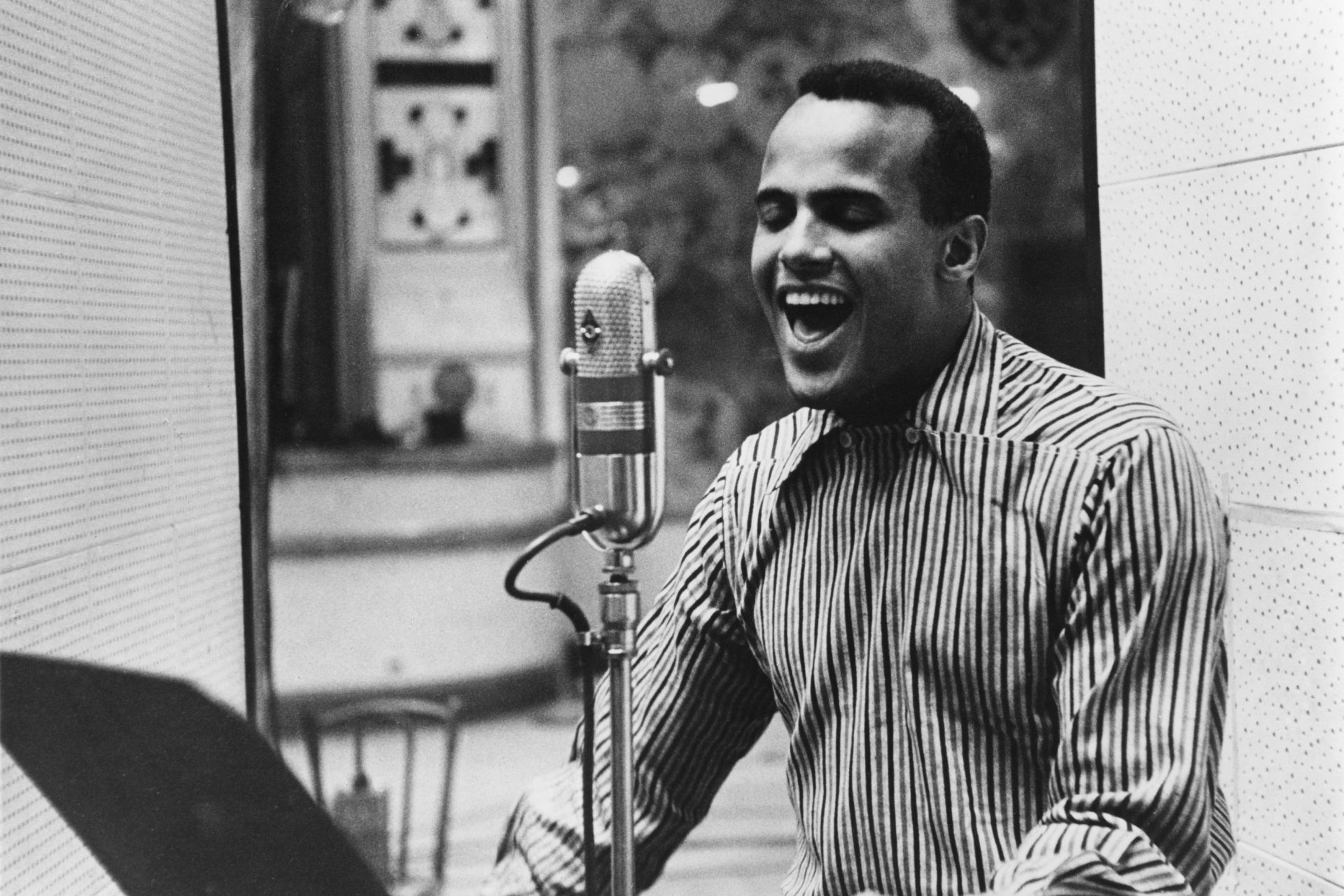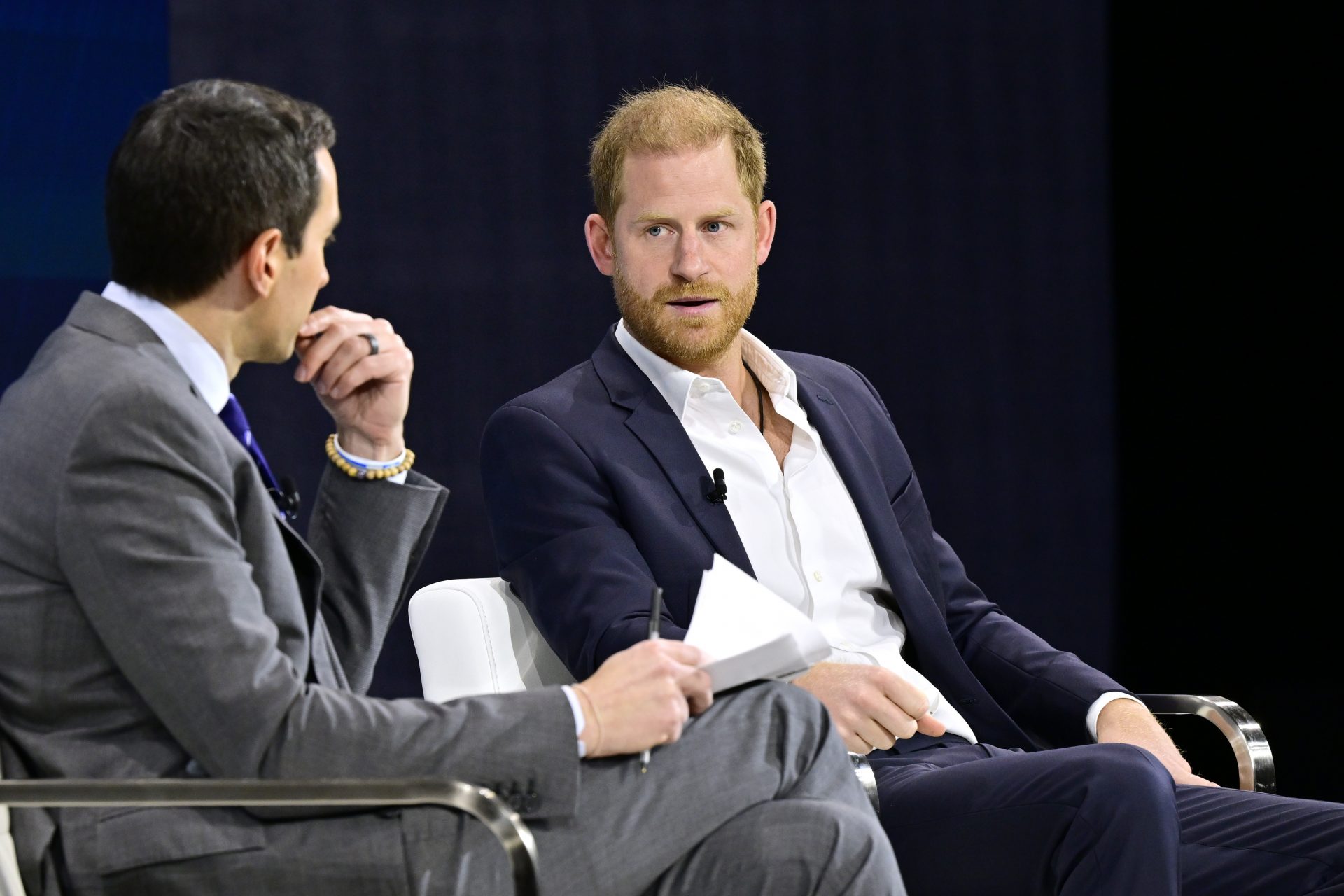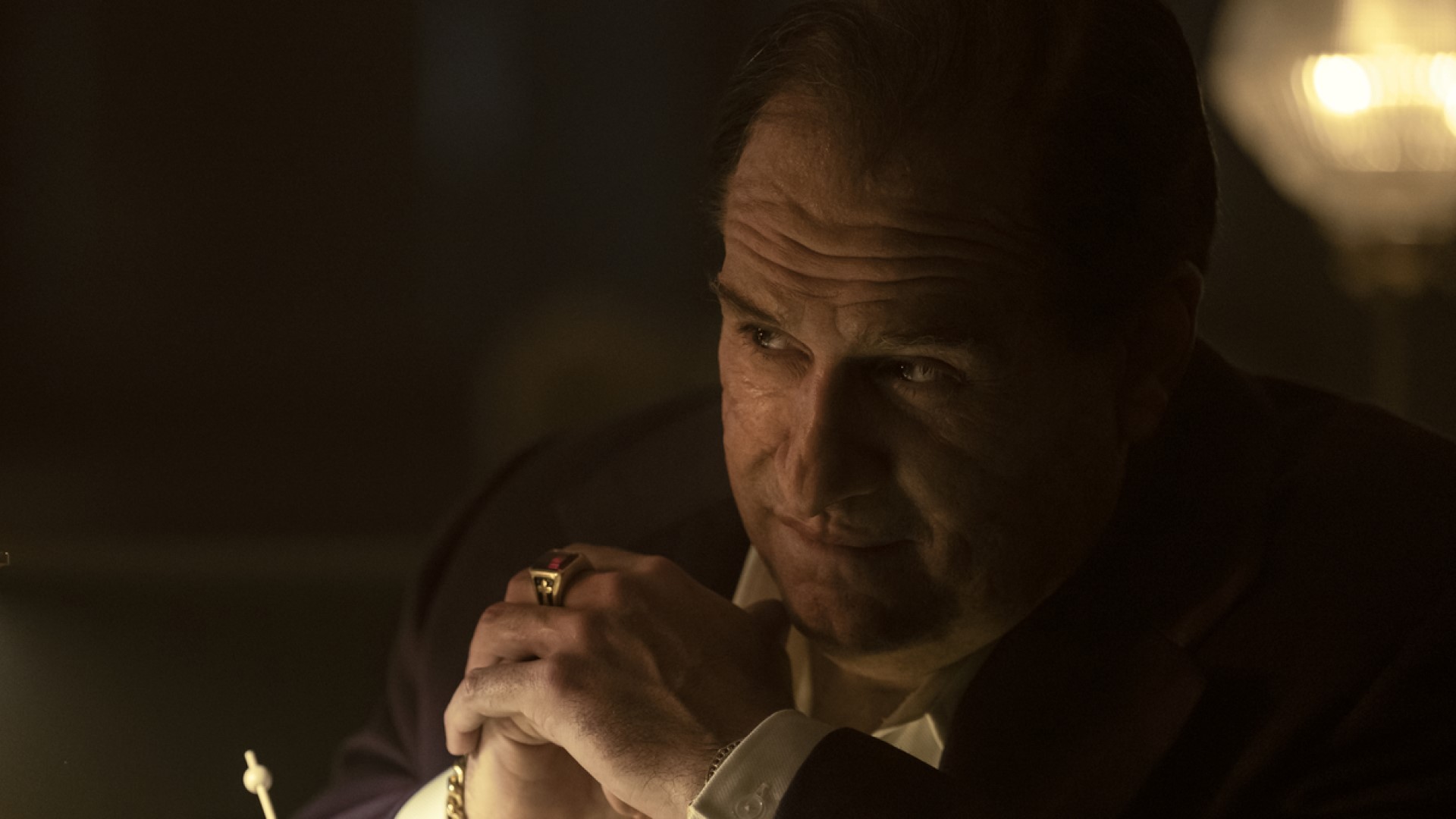Harry Belafonte, 1927-2023: A look back at his extraordinary life
Harry Belafonte was one of the most multi-talented and passionate celebrities in modern history. An award-winning actor, singer and civil-rights activist, he smashed barriers throughout his 96 years of life. Here's a look back at his incredible journey.
Belafonte burst onto the scene in the 1950s with his unique blend of folk music. Despite racial barriers, his album 'Calypso' became the first million-selling LP by a single artist. He then became a powerful voice in the civil rights movement.
Belafonte was born in Harlem, New York in 1927. His father, a chef, was the child of a Black American mother and a Dutch-Jewish father. His mother, a housekeeper, was the child of a Scottish Jamaican mother and an Afro-Jamaican father. From 1932 to 1940, he lived with his grandmother in Jamaica.
Upon returning to New York City from Jamaica, Belafonte joined the Navy in 1944 and served in WWII. His task involved loading munitions aboard ships, and his shipmates introduced him to the works of W.E.B. Du Bois and other African American authors.
After an honorable discharge, Belafonte became interested in acting after attending the American Negro Theater. He befriended Sidney Poitier when they were both struggling. By the late 1940s, he was taking acting classes alongside Poitier and other actors like Marlon Brando and Tony Curtis.
Unhappy with racially stereotypical acting roles, Belafonte found early success as a singer. By 1949, he was performing at a New York jazz club and immersing himself in the study of folk music. He eventually sang in the Broadway show 'John Murray Anderson's Almanac.' For that, he became the first Black man to win a Tony Award in 1954.
After winning the Tony, he was cast in the 1954 movie 'Carmen Jones,' an all-Black update of the opera 'Carmen.' Belafonte became the first Black actor to achieve major success, gaining notoriety for turning down roles with negative racial stereotypes and criticizing Hollywood for not making socially conscious films.
Seizing on his momentum as a star, he released his breakthrough album 'Calypso' in 1956, which set off a Caribbean music craze. It was the first album to sell over 1 million copies within a year in both the US and England, and spent 31 weeks as the number-one album on Billboard's Top 100 Albums.
While he stepped away from films in the 1960s, Belafonte became something of a fixture on TV. His 1959 musical special "Tonight with Belafonte" led him to become the first Black man to win an Emmy.
In the 1960s, he also won Grammys for the albums 'Swing Dat Hammer' (1960) and 'An Evening with Belafonte/Makeba' (1965). The latter album addressed the political plight of Black South Africans under apartheid.
Early in his career, Belafonte befriended and supported Dr. Martin Luther King Jr., pouring his money, fame, and energy into the civil rights movement. He bailed out protesters, helped organize the 1963 March on Washington, and continued to advocate for equal rights throughout his life. In 2011, he told PBS: "I was an activist who became an artist."
Despite his barrier-smashing success, Belafonte faced racism even at the height of his career. His 1957 movie, which included a romance between him and a white actress, generated outrage in the South. A restaurant refused to serve him in Atlanta. And his TV appearances with white female singers in the 1960s angered many viewers and threatened to cost him a sponsor.
Pictured at the third march from Selma to Montgomery, which he helped organize
Although he faded from being the biggest star in the US, his career could be described more like a marathon than a sprint. He continued working in parts he loved, with his last role in Spike Lee's 'BlacKkKlansman' (2018). He also continued recording and appearing on TV, mixing politics and arts there as well.
In 1985, Belafonte was one of the key figures behind the Grammy-Award-winning song 'We Are The World.' He also raised awareness about issues in Africa, including apartheid, AIDS, and child poverty. He won many awards for his humanitarian work.
Belafonte was never shy about speaking up on politics, supporting left-wing politicians from the 1960s right up to Bernie Sanders in 2016. He helped bring hip hop to Cuba and was a fierce opponent of the Iraq War. In January 2006, Belafonte said that if he could choose his epitaph, it would be, "Harry Belafonte, Patriot.”
Married three times, Belafonte had four children and maintained a long relationship with his last wife Pamela Frank. His daughter Shari Belafonte, 68, is also an actress.
Photo: Harry surrounded by his family, wife Pamela Frank, daughters Shari Belafonte and Adrienne Belafonte Biesemeyer during his birthday party on March, 3 2007.
Belafonte passed away from heart failure at the age of 96 in 2023. He overcame prostate cancer when he was 69. Despite his longevity, he said he struggled with sleep, telling the Guardian that his "insatiable appetite for social change," kept him awake at night.




























